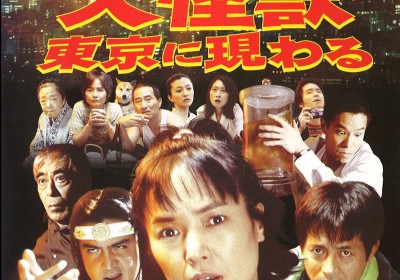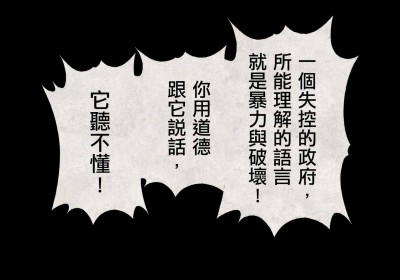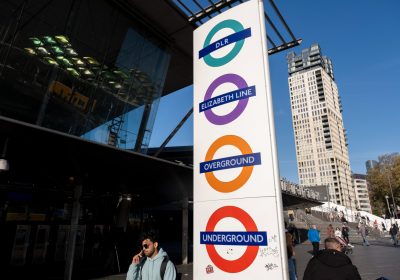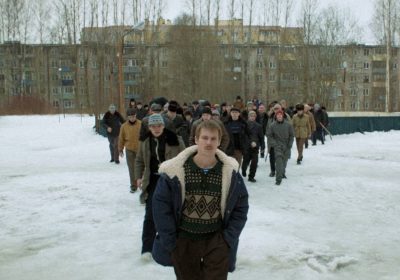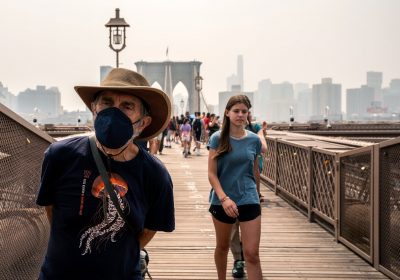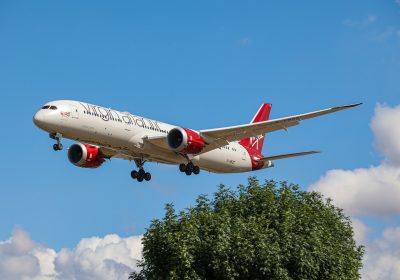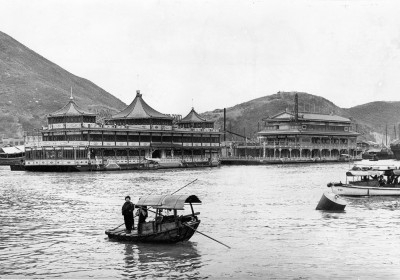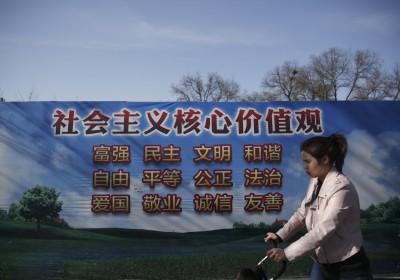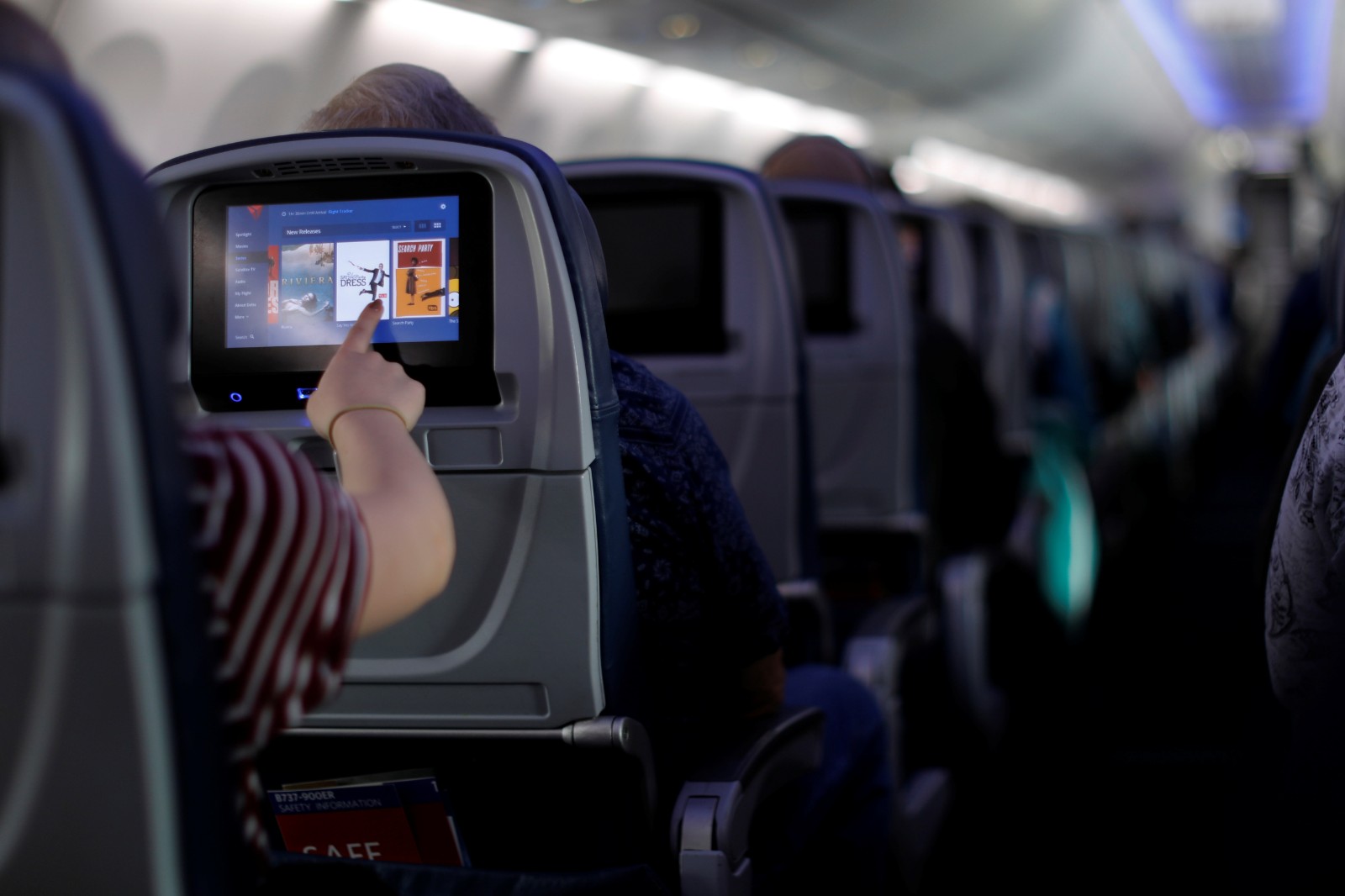
(翻譯內容以英文版本為準)
現時每家航空公司都有自己的登機音樂,有些更會頻頻轉換樂曲,給乘客耳目一新的感覺。我非常享受在飛機旅途中聽見不同的音樂,但必須說的是,有些登機音樂完全無法達到目的;它們非常擾人,在上機的一刻就令我的耳朵十分難受。
公平地說,大部分登機音樂都是令人滿意亦恰如其分的,但以下三家航空公司在旅客體驗上投放了不少細心的考慮與巧思,選擇的音樂特別令我驚喜。
卡塔爾航空
卡塔爾航空的登機音樂由他們的官方作曲家 Dana Al Fardan 編寫,她是卡塔爾唯一的現代女作曲家,也是當地第一家、亦是唯一一家唱片公司 DNA Records 的創辦人。沒有受過正統音樂教育的她,總是透過作品展示出一種細膩優雅的成熟,連許多經驗老到的作曲家都望塵莫及。
該航空公司的登機音樂揉合了西方的古典音樂與音樂劇元素、具阿拉伯風味的現代古典風格、以及傳統的阿拉伯音樂。除了妙用來自不同音樂文化的樂器,音樂更充滿著既高雅、又精緻完滿的管弦樂編曲法 (Orchestration)。
身為當地標誌性人物,Al Fardan 除了為音樂界作出卓越貢獻,亦熱衷於教育事業。從機艙到音樂廳,她的音樂在世界各地演奏,連聯合國和教科文組織成員亦曾是其音樂會的座上客。無論是卡塔爾國家博物館的主題音樂,還是 2022 年的世界盃主題曲,都出自 Al Fardan 筆下。卡塔爾航空委託她編寫登機音樂,實為明智而有意義之舉。
中華航空
如果登機音樂是航空公司展示自己所在區域的音樂文化之渠道,台灣的中華航空實在優秀地達成了這目標。台灣流行音樂、原住民音樂、布農族民歌、校園民歌的元素,與西洋音樂的音調與音色完美融合,除了激發聽眾的勇氣和探險的心,更令大家聽見台灣音樂之美。
優雅美妙的旋律,創新的和弦進程(Harmonic progression),引人入勝的鋼琴、弦樂與小號之間的配合,都是作品的曼妙之處。不少航空公司把登機音樂複雜化,往往以快速急進的段落,錯綜複雜的樂器編排,含糊的音調,以及隱秘的旋律,譜出令人困惑迷糊而又與場合不符的樂曲。中華航空簡單直接的樂韻,就完全恰到好處。
英國航空
很多航空公司的登機音樂都具現代感,英國航空則選擇古典味甚濃的樂曲。這樣的選擇不無風險:古典音樂大多數都不符合客機機艙的環境與氣氛,稍一不慎,便會在旅程之始就悶壞乘客。
可是,英國航空卻選中了一首相當適宜的歌劇詠嘆調 —— 由法國作曲家德利伯(Léo Delibes)創作的三幕歌劇「拉克美」(Lakmé)中的「花之二重唱」(Flower Duet)。此曲不但能夠為忙碌的商務旅客放鬆心情,亦可為飛行者帶來一種舒適的安心感。這首詠嘆調自 1980 年代起,已是英國航空深入民心的廣告宣傳之一;作為一名舉足輕重的歌劇及芭蕾作曲家,德利伯常被音樂界忽視,英航此舉卻確保他不會被世人遺忘。
諷刺的是,英國航空作為該國旗艦航空公司及英國之光,卻選擇了法國歌劇詠嘆調來作登機音樂。英國本土作曲家是否真的從未創作出同樣出色而又合適的樂曲呢?
順帶一提,在武漢肺炎下,航空業正飽受沉重的打擊。大量航機停泊在機場的情景實在令人惋惜,而我時刻記掛著被辭退或被迫放無薪假的機組人員。我亦為負責歸國航班(Repatriation flights)及運送醫療物資而日夜工作的機師和相關職員奉上最高敬意,希望武漢肺炎疫苗早日出現,協助抗疫,讓社會及日常生活回復正常。
Airlines’ Boarding Music
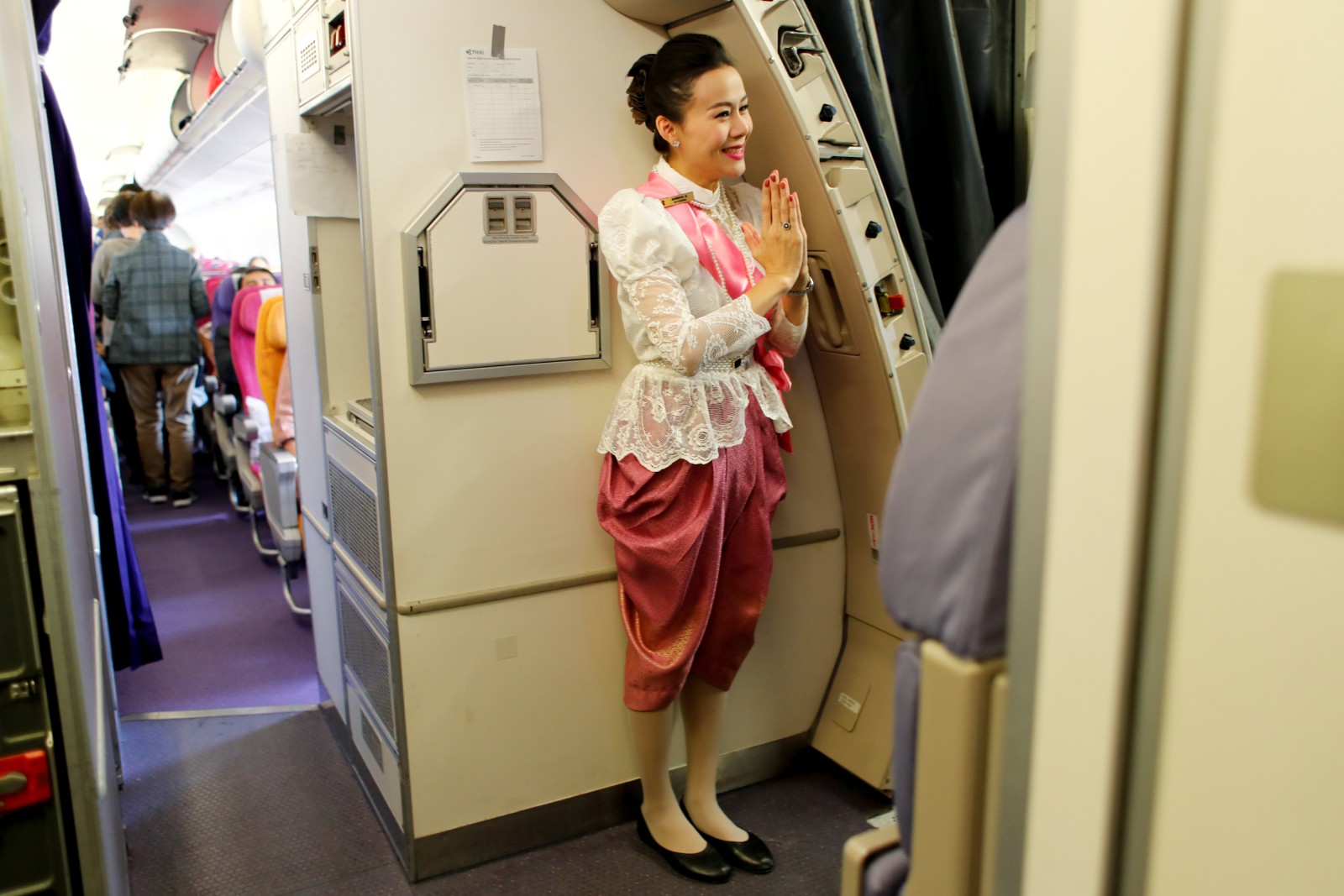
Almost every airline nowadays has its own boarding music, and some airlines even frequently change such music to provide a fresh and innovative experience to travellers. I have had the pleasure of listening to a wide array of boarding music from my travels, and must say that some of those completely failed in its purpose; they were disturbing and excruciating, and irritated me and my eardrums from the moment I set foot on an aircraft.
To be fair, the majority of boarding music is satisfactory and effective, but I have been particularly impressed by the boarding music of three airlines, who have put a considerable amount of thought, attention and consideration into this area of customer experience.
Qatar Airways
Qatar Airways’ boarding music was composed by the airline’s official composer, Dana Al Fardan, who is noted as Qatar’s only female contemporary composer, and also the founder of the first and only record label in Qatar, DNA records. Despite not having any formal training in music, Al Fardan’s music always displays a maturity, refinement and finesse many seasoned composers could only dream of.
The airline’s boarding music combines the styles of Western classical, Western musical theatre, Arab-influenced contemporary classical and traditional Arabic music, utilises instruments from different musical cultures and features a sophisticated, graceful and exquisite orchestration. The masterful use of tonalities, of musical ornaments and of both traditional and innovative harmonies enhance the composition with a majesty and elegance that is so rarely realised in modern music.
As a Qatari national icon, Al Fardan is making a significant contribution to her country’s music industry and also taking part in various educational initiatives in Qatar. Her music has been performed all around the world (in both aircrafts and concert halls), and enjoyed by audiences including members of the United Nations and UNESCO. Furthermore, the theme song for the National Museum of Qatar as well as an official song of the 2022 FIFA World Cup are also composed by Al Fardan. Qatar Airways indeed made a wise and meaningful move in engaging Al Fardan to compose its boarding music.
China Airlines
If an airline aims to represent its region’s multifaceted musical cultures through their boarding music, then Taiwan’s China Airlines accomplished this with aplomb. By combining elements of Taiwanese pop, Taiwanese aboriginal music, Bunun, Taiwanese campus folk songs, and blending them into Western tonality and timbre, China Airlines created a tune that juxtaposes traditionalism and modernity, inspires courageousness and adventurousness as well as underlines the beauty of Taiwanese music.
The elegant and exquisite melodies, the remarkable orchestration (featuring compelling and profound use of the piano, the strings and the trumpets) and the innovative harmonic progressions all contribute to the brilliance of the music. A good number of airlines overcomplicate their boarding music – with rapidly virtuosic passages, complex instrumentation, obscure tonalities and cryptic melodies – which is often frustrating and unsuitable. China Airlines keeps its boarding music simple and straightforward. And it delightfully does the trick.
British Airways
Although many airlines’ boarding music is of a modern and contemporary nature, British Airways elected to pick a composition from the classical music repertoire. This was a risky move; after all, such music is not known to suit the ambience of an aircraft, and if picked carelessly, passengers might feel bored and spiritless at the beginning of their journey.
However, to their credit, British Airways selected a little-known operatic aria that is both enlightening and fitting. The ‘Flower Duet’ from French composer Léo Delibes’ three-act opera Lakmé generates soothing and reassuring sentiments that could not only unwind busy business travellers but also relax nervous flyers. This piece has also been part of British Airways’ advertisement campaigns since the 1980s, and its growing popularity ensures that Delibes, an important operatic and balletic composer often ignored by musicologists, will not fade into oblivion.
The irony, however, lies in the fact that British Airways, as the flag carrier and pride of the United Kingdom, uses a French operatic aria as its boarding music. Is there really not an equally worthwhile and suitable British composition for the occasion?
As a side note, the aviation industry is undergoing a period of severe uncertainty due to the ongoing Covid-19 crisis. It is very regrettable to see the majority of airlines’ fleets grounded or stored in airports, and my thoughts go out to the crews and employees furloughed or asked to take unpaid and voluntary leave of absence. I remain, however, most grateful to the pilots and staff still working round the clock to bring passengers home and to transport medical supplies, and am keeping my fingers crossed that there would be a vaccine to combat this novel coronavirus in the near future.

